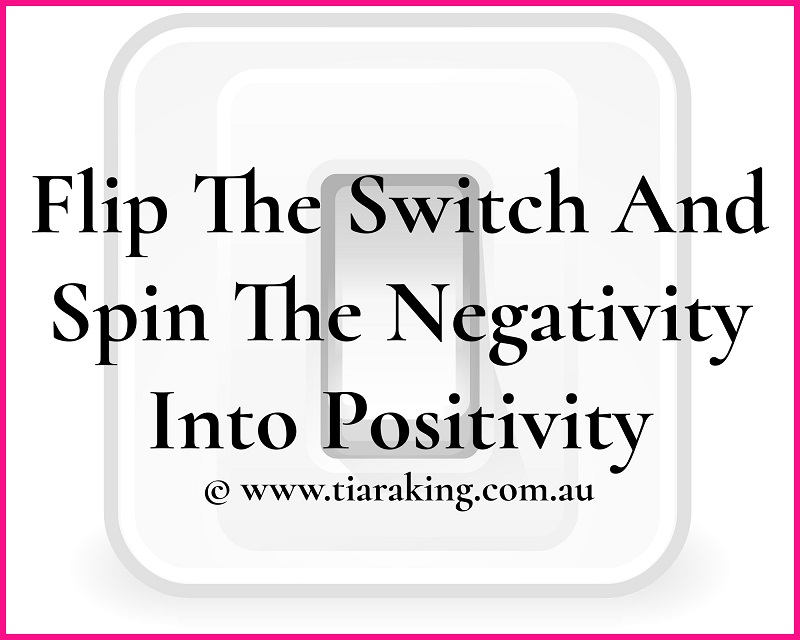
There are so many negative words, phrases and myths surrounding authors that, for some reason, after all of the social media videos I’ve seen this year, I’ve become really sick and tired of reading, hearing, watching, and being accused of having or suffering from them when I don’t.
The conclusion I’ve come to, after reading and researching these idiotic author myths for my blog posts, is they’re negative connotations that have been passed down to current authors from elder authors and artists of bygone eras. When they smoked, drank, drugged, and allowed their low self-esteem and insecurities to plague them to death. For some, sadly, mental illness was a big contributor, for many, low self-esteem and insecurities reigned supreme.
What’s still sad, is that the monsters our fore-authors and fore-artists created are still very much alive and in the heads of authors and artists today. That many people in the creative arts cannot think and form opinions and ideas for themselves, and understand that they truly do not need to suffer from age-old insecurities simply because of the job they do. That they choose to live in the myths long ago created because it’s easier to do or explain. Because, hey, that’s just being an author or an artist and everything that comes along with it.
And because of all that, I’ve started flipping the negative to positive and telling the negative to piss off and never come back.
I’ve discovered that words I’ve never bothered using, such as reluctance, resistance, and procrastination, supposedly have to do with imposter syndrome (which you know my thoughts on), and are constantly linked to it even though these words stand on their own two feet as singular words, singular definitions, and singular issues to deal with, have been discussed a lot and are now threatening my vocabulary.
In many of the writing books I’ve read in the last year, authors are saying don’t beat yourself up over the fact you didn’t get anything done today except watering the plants, or cleaning out the kitchen, or even reading a book instead. Use that to bring about ideas, and use it for inspiration, use that time to give your brain a break to create new things.
So, what if you flip the switch and spin the negativity into positivity? Especially when it comes to that little sod called procrastination. A word I have never used in reference to myself.
Instead of procrastination, how about calling it the “exploration of inspiration”.
If you have a dog and take it for walks, or, if you don’t and go for walks on your own, carry your phone or a recorder with you to make notes about the neighbourhood. Does the pathway look like an earthquake rolled through and cracked the ground open revealing human eating monsters that have just waited for the right time to emerge, and that’s what made the earth move last night? Do the cars in the street belong to the neighbours, or are there a few strange ones that may belong to a dalliance, or an axe murderer who’s come to claim their next victim, and his car wouldn’t start and he needed to run to the nearest bus stop and take the bus. Or call an uber? If so, what do they look like and what are they doing?
If you choose to water plants, make note of how thick and lush the leaves are in their forest or emerald green colours, and how the roots must reach out for every droplet of water that seeps down into the soil to nourish themselves so they can grow. Does the sunlight stream down onto the plants from under the canopy of trees, dappling the leaves with bright yellow, or does it highlight the tiny flecks of limey yellow on the tips of the leaves at the bottom of the plant?
If you choose to dust the skirting boards, what would happen if you found a secret tiny doorway to a secret tiny house that a secret tiny mouse lived in?
If you choose to clean the kitchen, what type of stories are there about the age of the appliances, who gave them to you, how did you acquire them? Is there fine China passed down from generation to generation? What type of stories do the patterns and pictures tell? Will the fridge open up and eat you? Or will you open up the fridge and eat it? And if there’s a stain or a tear in the lino, what caused it and what memories does it bring rushing to the foreground of your mind.
It’s up to you to do what you can to get what you want to do done and dusted. And if that’s writing, then come up with a schedule, even if you only write for an hour every day, and then use your activities from the rest of the day to not only think about what you’re writing, or what comes next in your story, but to inspire yourself for future writings.
It’s up to you to flip the switch and spin the negativity into positivity and abolish all of those nasty negative words from your mind, and your writing, for good.



Leave a Comment